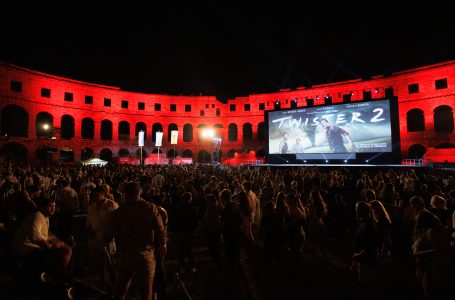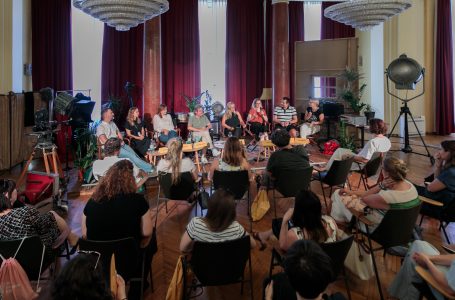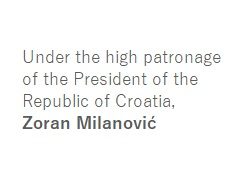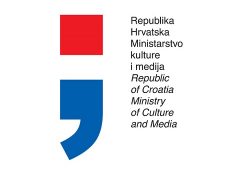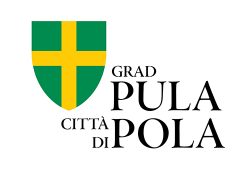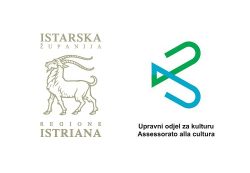Slavko Štimac star of the day, audience votes tied, film crews presented Our Children and Celebration
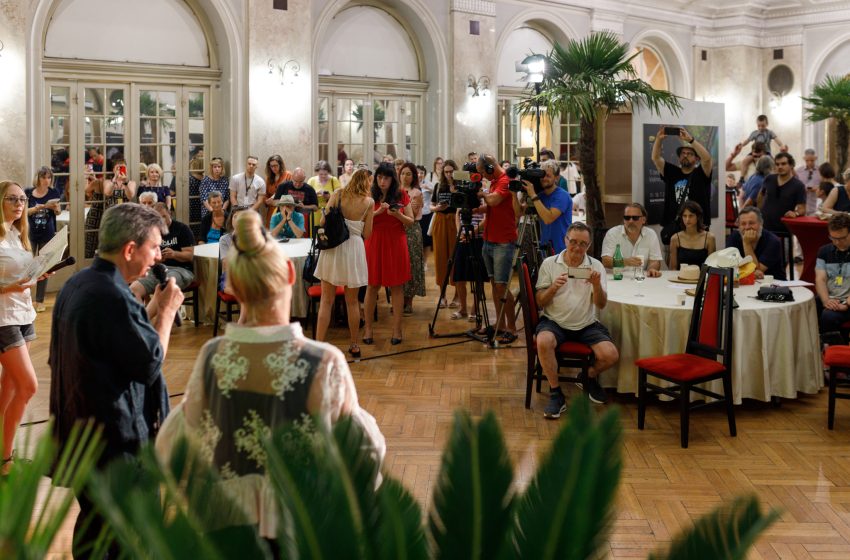
CONVERSATION WITH THE FILM CREW OF OUR CHILDREN
Author Silvestar Kolbas, producer Nenad Puhovski and editor Denis Golenja spoke about the documentary film Our Children, a film in which the director, cinematographer and photographer reveals the intimate dynamics of his family. “I can’t say that my family loves the film, because it reveals parts of the truth, and that is uncomfortable. The family is coming to terms with it, perhaps unwillingly. The fact is that I have to be eternally grateful to them for their patience and tolerance,” said Kolbas and explained that the fact that the family was “a bit unwilling” to say yes to the film and that it made things “a bit more serious and a bit stiff”. “The children especially felt the pressure and started to show resistance to it,” he said. “What’s really interesting is that it is about a family, about constant establishing and breaking down limits, both film limits and personal, family limits,” said producer Nenad Puhovski. “It is very challenging and requires great human and professional maturity – being able to draw the line, as he lived with the consequences of those relationship every day.”
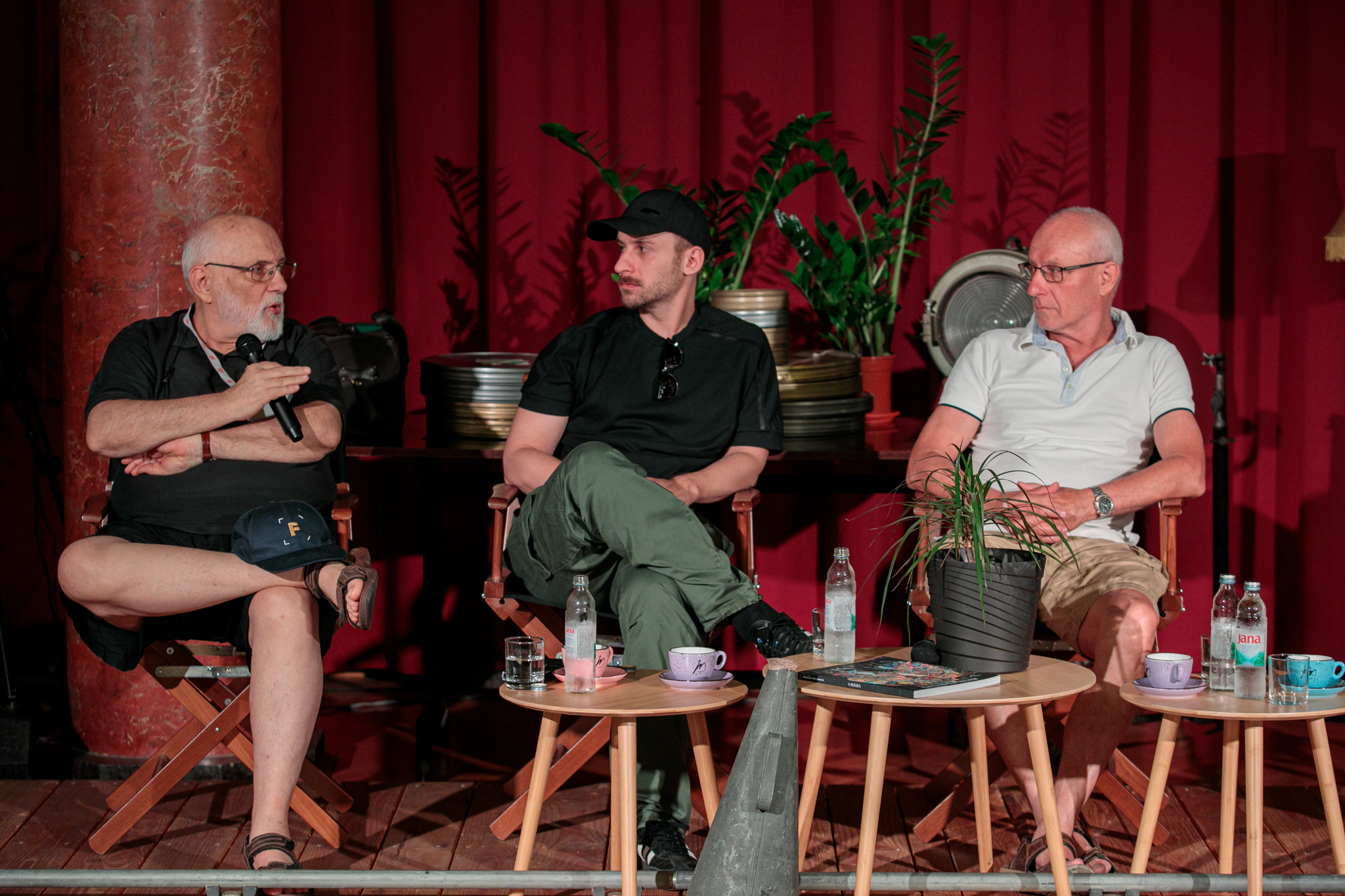
When asked if he plans to film his family again, Kolbas said: “Actually, no. It created a lot of resistance in the family, and now, whenever there is a camera around, they become very nervous. This, in turn, discourages me and I don’t film. I think this is it. I should stop here. I am also tired from digging around in myself,” said Kolbas. The film will come to cinemas at the end of the year.
CONVERSATION WITH THE FILM CREW OF CELEBRATION
Bruno Anković’s debut feature Celebration, based on the novel by Damir Karakaš, had its world premiere at the Arena. At the Festival Centre, the conversation about the film was attended by director, lead actor Bernard Tomić, cinematographer Aleksandar Pavlović, and producer Tina Tišljar. “It is a wake up call for Europe, and we can recognise similar ideological matrices even a hundred years ago, as well as in today’s Russia, even Europe, in nazism, extremism, even neo-extremism,” said director Bruno Anković and added that the film was shot in a non-linear manner and that we follow the life of a young man in various phases of his life, as well as that his childhood, family relationships, mentality, and especially politics have shaped his path and have decisively influenced it. “It is simply a struggle for survival, and I my novel I wanted to show three generations and two wars, and have all that happen in a hundred pages,” said novelist Damir Karakaš. It seems that landscape is also one of the main protagonists in the film, and cinematographer Aleksandar Pavlović revealed that he was enchanted by the landscapes of Lika, but also that some of the shots were created beyond any visual references, coming from within.
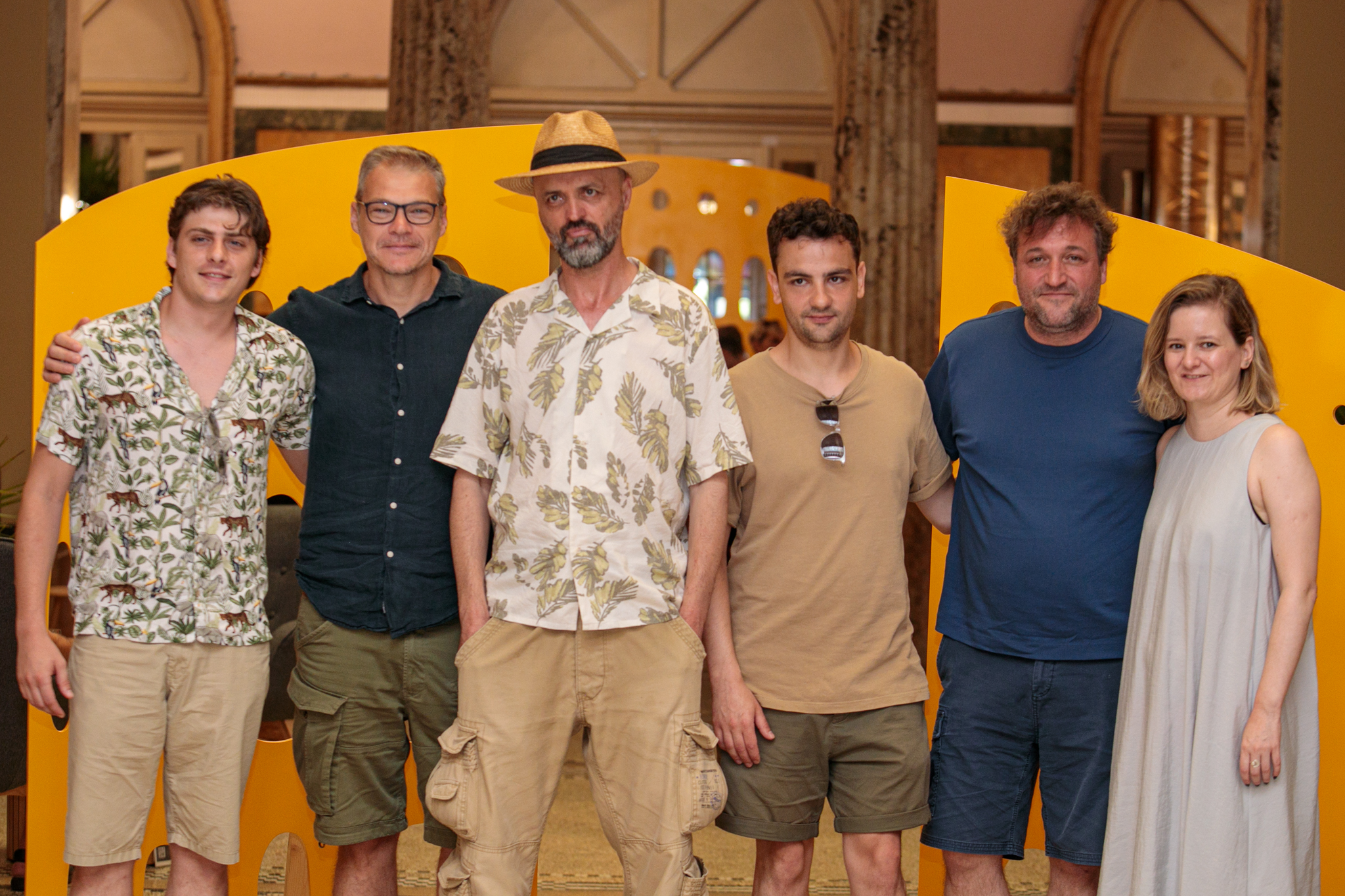
From the very start of the film, we alternately follow the transformation of the main character, Mate, played by three different actors of different ages. One of them is Bernard Tomić, for whom this was the first lead role. He discovered that the dialect was the most demanding part, and said he was completely dedicated to the credibility of the role, going days without showering to get in character a much as possible and truly translate that onto the screen. Producer Tina Tišljar revealed that we can expect the film in cinemas in November this year.
AUDIENCE SCORE
Our Children 4.64
It All Ends Here 4.64
This Is Not a Love Song 4.31
Celebration 3.80
HIGH NOON
The second critics’ duel High Noon of the 71st Pula Film Festival, held on Saturday 13 July, brought together critics Diana Nenadić and Dragan Jurak, who talked about the films Our Children, directed by Silvestar Kolbas, and Celebration, directed by Bruno Anković. You can watch their thoughts about the films, as well as their expert opinions, and find out their scores for the films.
FABIJAN ŠOVAGOVIĆ AWARD TO SLAVKO ŠTIMAC
A great star, actor Slavko Štimac, won the Fabijan Šovagović Award, presented at Pula Film Festival by the Croatian Film Directors’ Guild. “I was very touched and surprised when they told me I had won the award named after a truly magnificent actor. Šva really was a great actor, and when shots of him would be removed from Croatian and Yugoslav film, there wouldn’t be much left, I think. I am honoured to have won an award named after him. I love Pula and it is especially important to me that this is happening here, because in a way I grew up in Pula on film,” said Slavko Štimac when receiving the Fabijan Šovagović Award, presented by the Croatian Film Directors’ Guild for special contribution of an actor to Croatian film.
The award was presented to Slavko Štimac at the71st Pula Film Festival by Anja Šovagović-Despot, and the star actor and audience favourite greeted the audience at the Arena on Saturday.
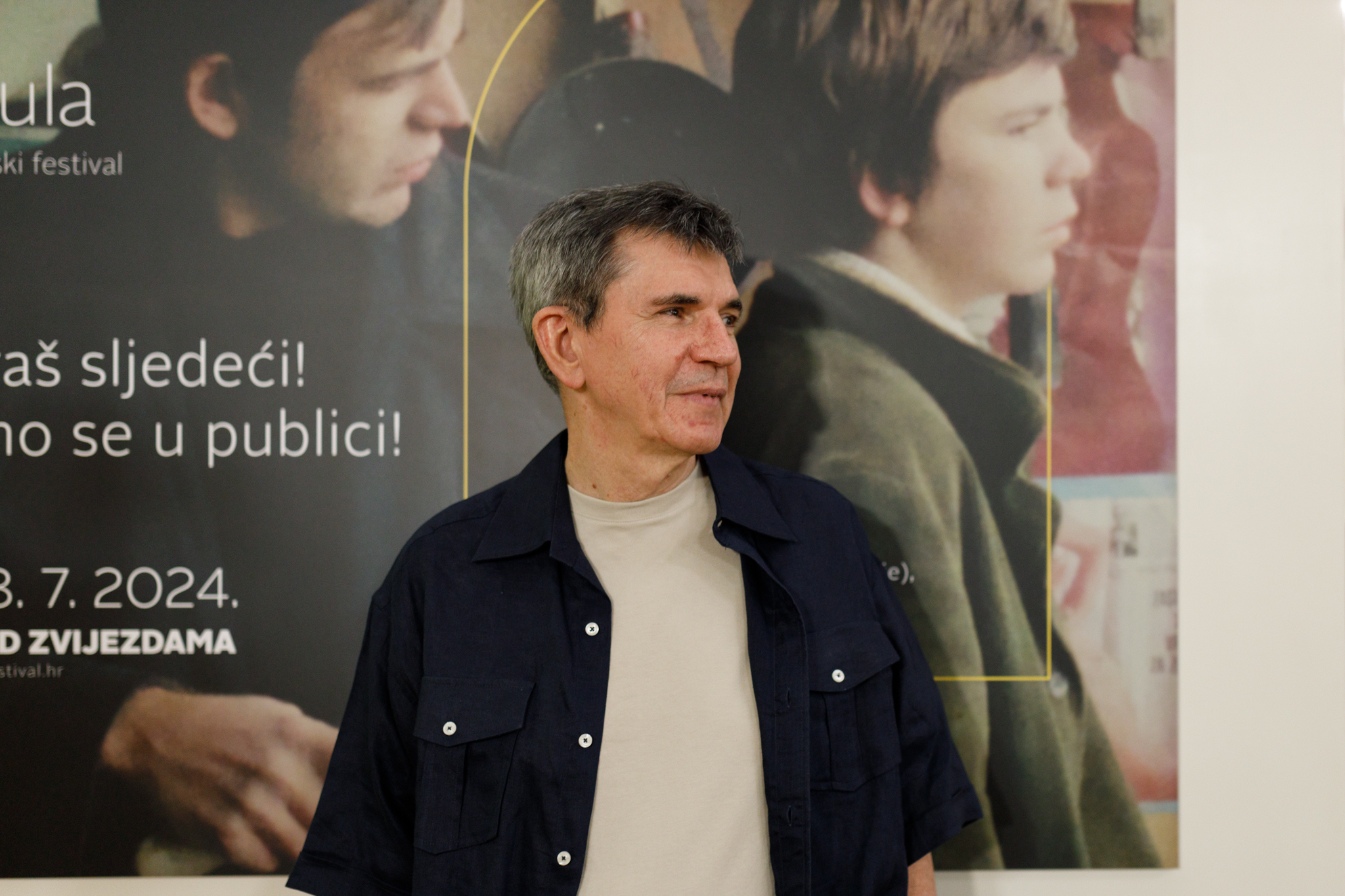
BOOK PRESENTATION: DUBROVNIK AS A FILM SET
Hrvoje Ivanković’s book Dubrovnik as a Film Set was presented at the Festival Centre by editor and critic Diana Nenadić and radio critic Ivan Žaknić. By the start of World War II, Dubrovnik and its surroundings saw the filming of more than fifty fiction films produced by Hungarian, German, Austrian, Czechoslovakian, and Polish companies, mostly melodramas and action adventure films. Diana Nenadi emphasised that Hrvoje Ivanković followed the arrival of film crews to Dubrovnik, showed the town’s reaction, and also followed how the media reported about it at the time, covering another part of Dubrovnik’s cultural history by doing so. Ivanković’s primary sources were preserved films, and secondary sources were photographs, literature, preserved articles, even the rare tapes and conversations with people who remember the stories. Ivan Žaknić emphasised that, in part, it can said that the film follows the history of Hungarian film, because shooting in Dubrovnik actually started with the early development of Hungarian film. Žaknić also spoke about Hrvoje Ivanković not being a film archivist, but a dramaturge who works on the radio, even though he approached the matter in a very scientific way and when he wasn’t able to get reliable sources, he noted so in the book. This makes the book scientific literature for film history students and film theorists.
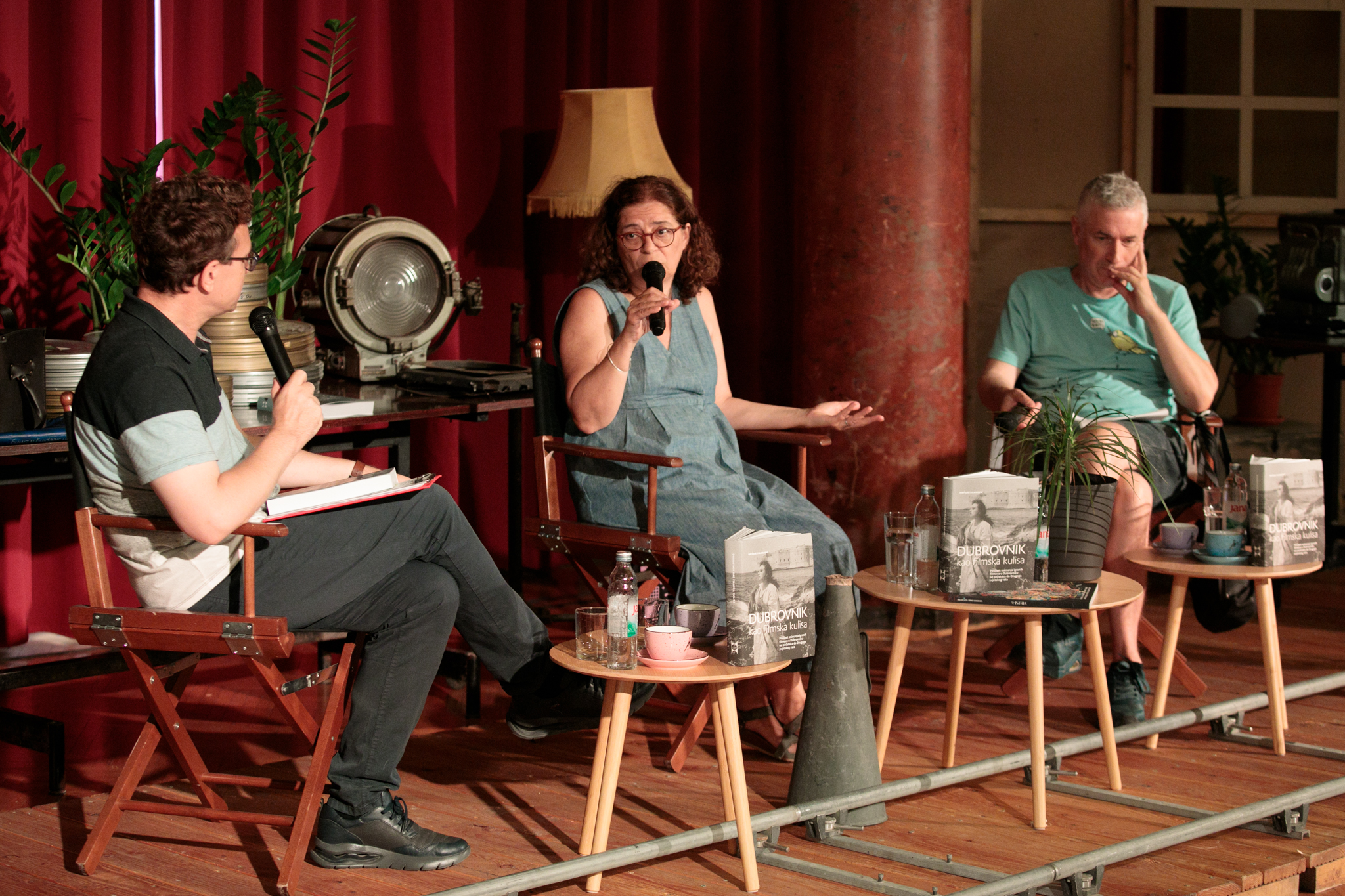
BUČ KESIDI AT PULA FILM FESTIVAL
The Home of Croatian Veterans is the Festival Centre of the 71st Pula Film Festival, and at night transforms into a dance floor for the best of Croatian and regional music. DJ Marko Kovač provided the fun at the opening party, and on Friday 12 July we saw the performance of Buč Kesidi, the regional music sensation from Pančevo. Other concerts during the Festival include TBF (Saturday 13 July), MaGroove (Sunday 14 July), Porto Morto (Monday 15 July), Baby Lasagna (Tuesday 16 July) and DJ Stanko Bondža for the closing of the Festival on Wednesday 17 July. Concerts at the Festival Centre (Home of Croatian Veterans) start at 11 p.m., and admission to all concerts is FREE.
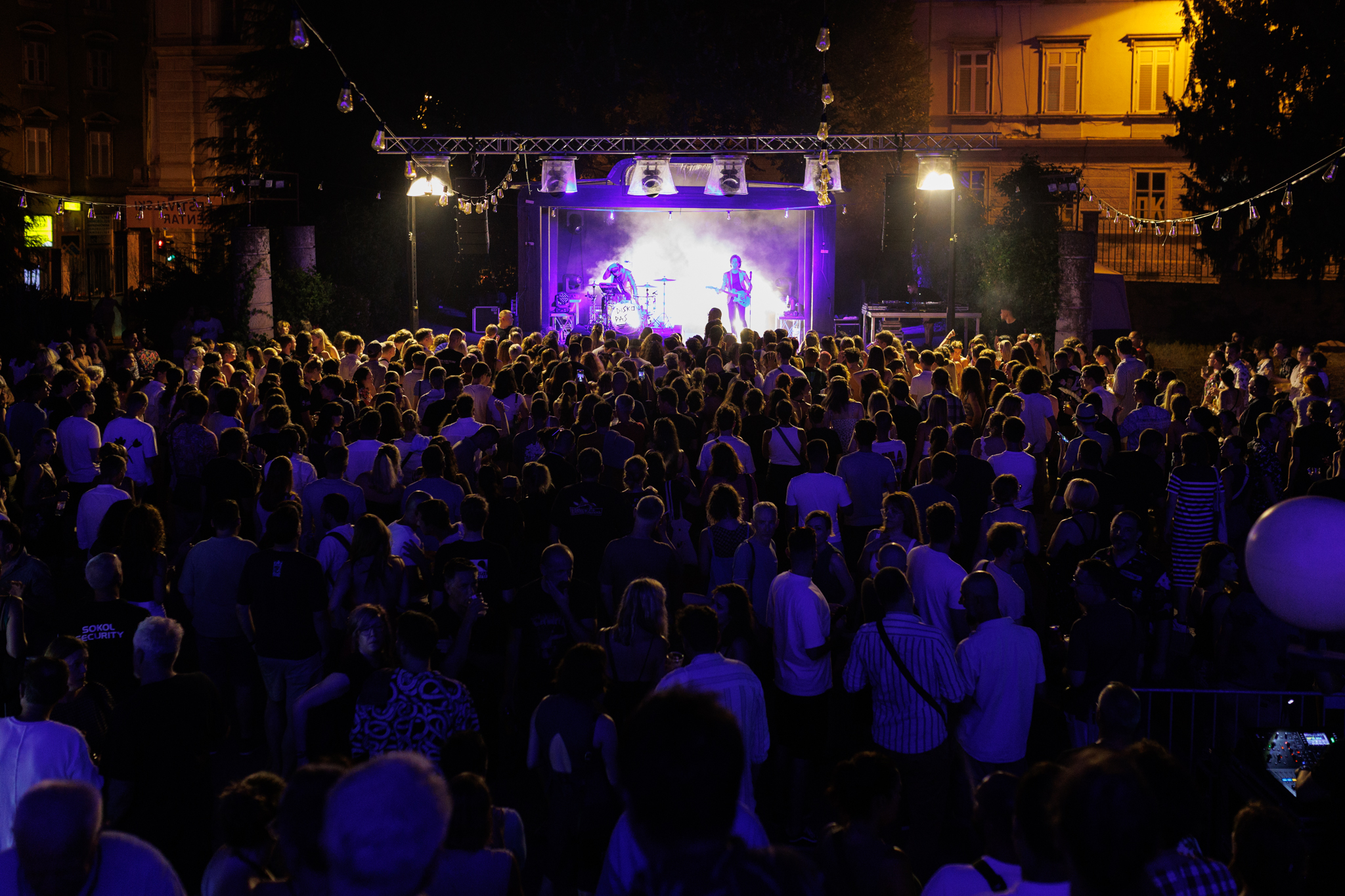
EXHIBITIONS
Don’t miss the three exhibitions opened as part of the 71st Pula Film Festival! At Novo Gallery you can see this year’s Cinemaniac > Think Film exhibition curated by Branka Benčić and TanjaVrvilo, presenting the trilogy What We Leave Behind by French multidisciplinary artist Stéphan Crasneanscki, based on the author’s years of research of the personal archives of director Jean-Luca Godard. At the HUiU Gallery, you can visit the exhibition NoMad Movie Art 2024 Film Classics Through the Eyes of Croatian Authors and see the interpretations of film classics posters by renowned Croatian designers and illustrators. At Makina Gallery you can see the exhibition of photographs by Dario Petković Damnatio Memoriae, which deals with our relationship with the past.
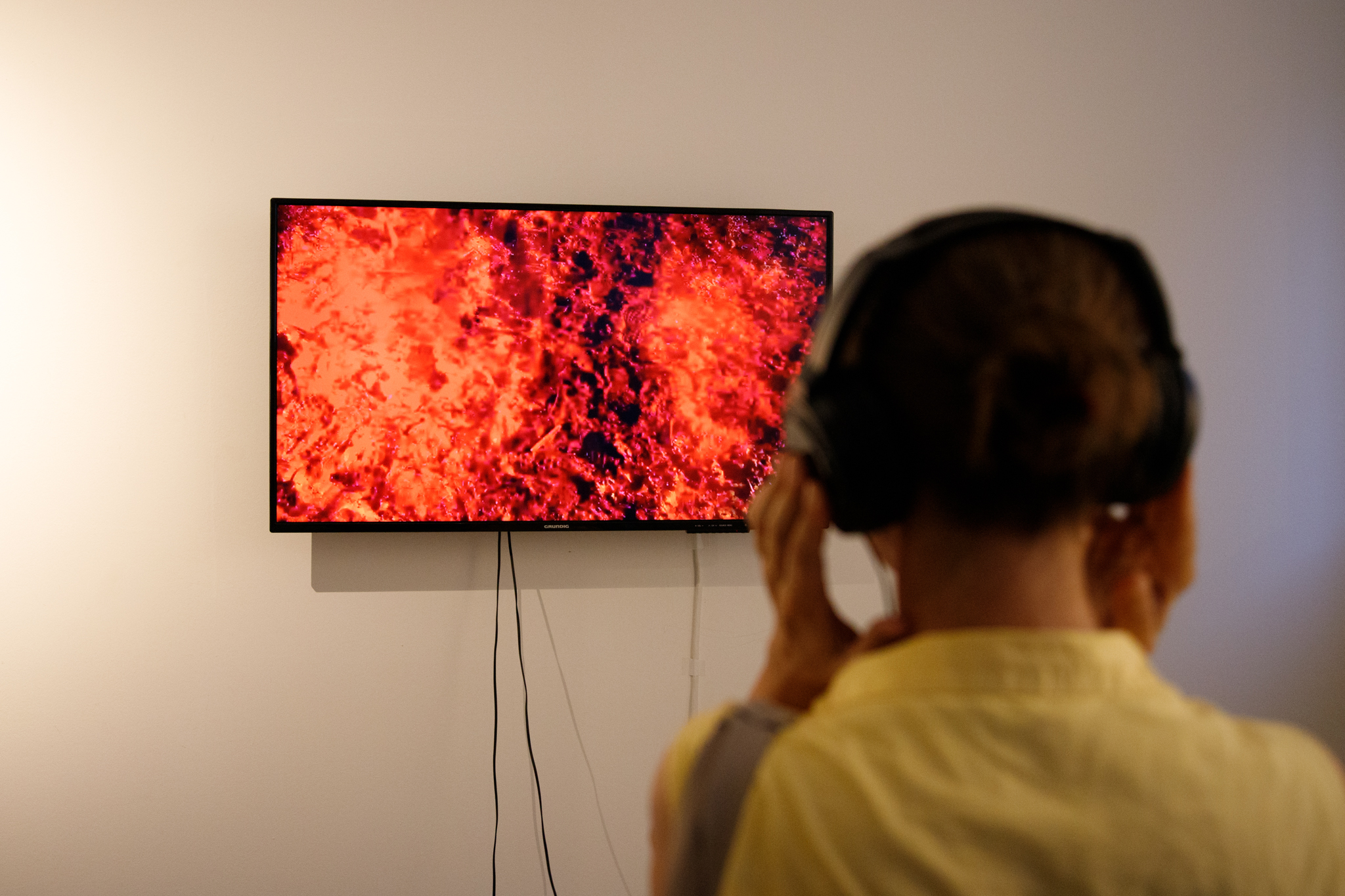
SUNDAY AT THE FESTIVAL – 14 JULY
10 a.m. • PULICA • The Last Time We Were Children , 2023, directed by Claudio Bisio • Valli Cinema
10 a.m. • CONVERSATION WITH THE FILM CREW • Frka, 2024, directed by Svebor Mihael Jelić • Festival Centre – Home of Croatian Veterans
10.30 a.m. • CONVERSATION WITH THE FILM CREW • Forever Hold Your Peace, 2023, directed by Ivan Marinović • Festival Centre – Home of Croatian Veterans
11 a.m. • MAIN PROGRAMME: MINORITY CO-PRODUCTIONS• M, 2023, directed by Vardan Tozija • Istrian National Theatre
12 p.m. • HIGH NOON – critics’ duel • Frka, 2024, directed by Svebor Mihael Jelić + Forever Hold Your Peace, 2023, directed by Ivan Marinović • Festival Centre – Home of Croatian Veterans
1.30 p.m.• AWARD CEREMONY • Vedran Šamanović Award• Festival Centre – Home of Croatian Veterans
2 p.m. • RERUN • Frka, 2024, directed by Svebor Mihael Jelić • Istrian National Theatre
2 p.m. • RERUN • Sweet Sorrow, 2023, directed by Kosta Đorđević • Valli Cinema
4 p.m. • RERUN • Forever Hold Your Peace, 2023, directed by Ivan Marinović • Istrian National Theatre
4 p.m. • MAIN PROGRAMME: MINORITY CO-PRODUCTIONS • Working Class Goes to Hell, 2023, directed by Mladen Đorđević • Valli Cinema
6.20 p.m. • TIME MACHINE • Woods That Sing, 2024, directed by Renata Poljak • Valli Cinema
7 p.m. • MAIN PROGRAMME: CROATIAN FILM • The Woman With the Rubber Gloves, 2023, directed by Mario Šulina • Istrian National Theatre
8 p.m. • GREATER ADRIA • Four Daughters, 2023, directed by Kaouther Ben Hania • Valli Cinema
9.30 p.m. • MAIN PROGRAMME: CROATIAN FILM • The Holy Family, 2023, directed by Vlatka Vorkapić • Arena
9.30 p.m. • RERUN • Forever Hold Your Peace, 2023, directed by Ivan Marinović • Brijuni Islands
9.30 p.m.• AMBRELA BEACH • What Is a Man Without a Mustache?, 2005, directed by Hrvoje Hribar • Ambrela Beach
10 p.m. • RERUN • M, 2023, directed by Vardan Tozija • Valli Cinema
11 p.m. • CONCERT • ManGroove • Festival Center – Home of Croatian Veterans
11.45 p.m. • POPULAR PULA • Kinds of Kindness, 2024, directed by Yorgos Lanthimos • Arena

